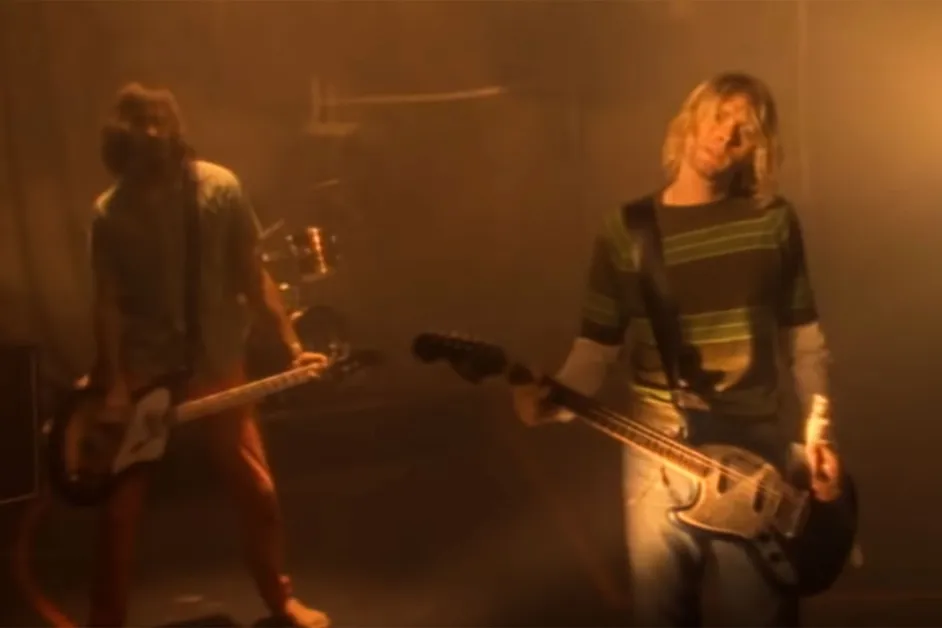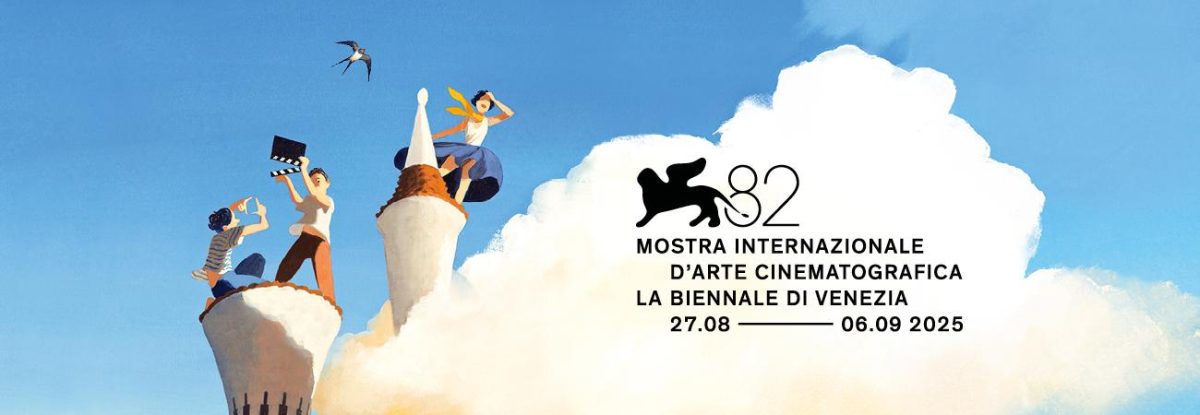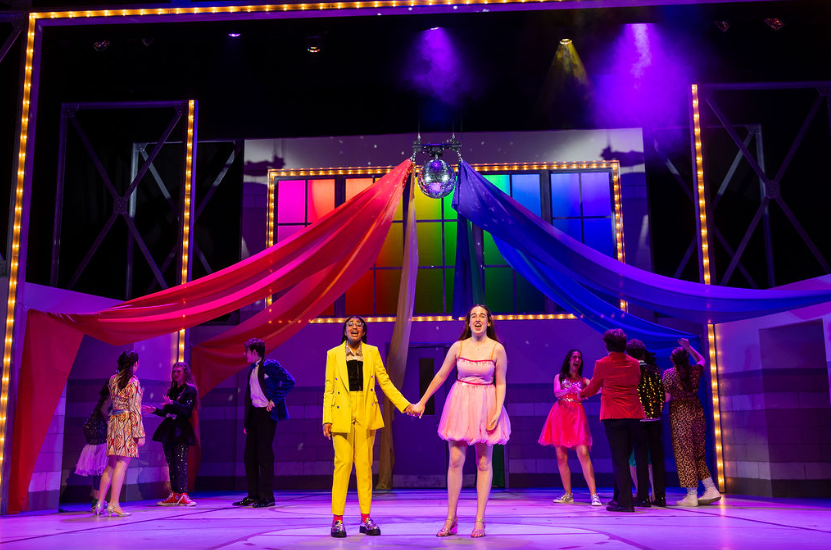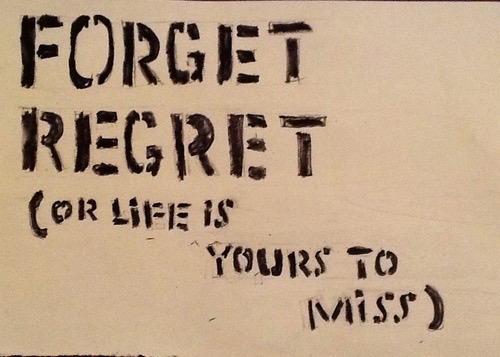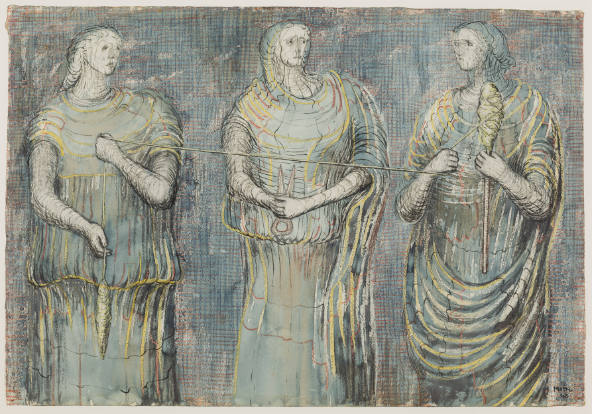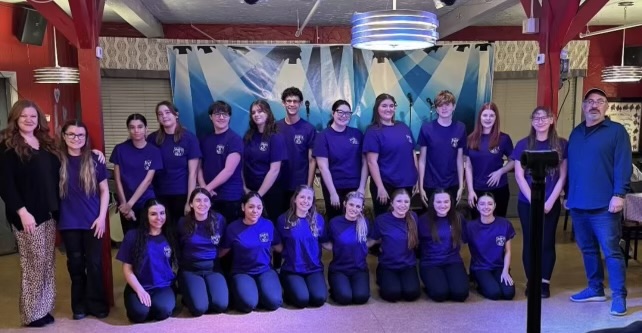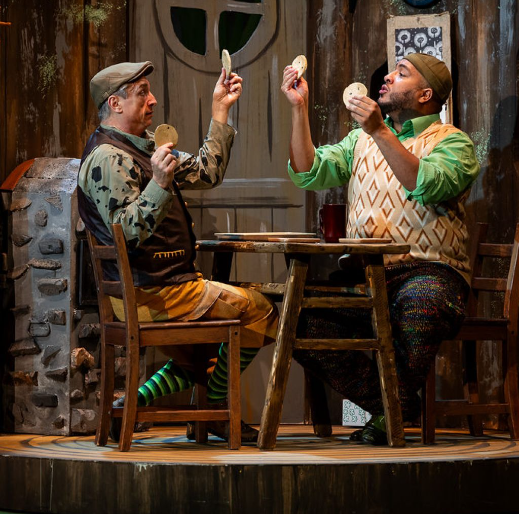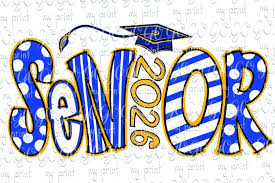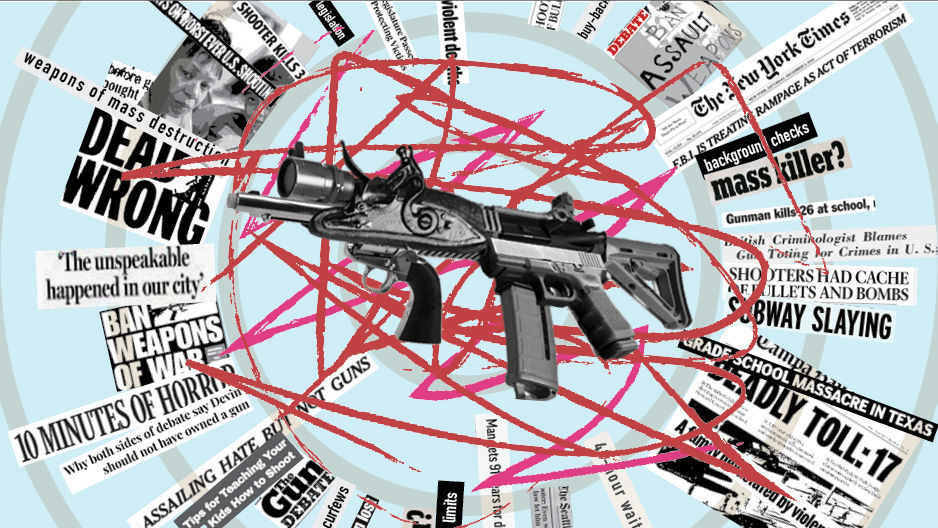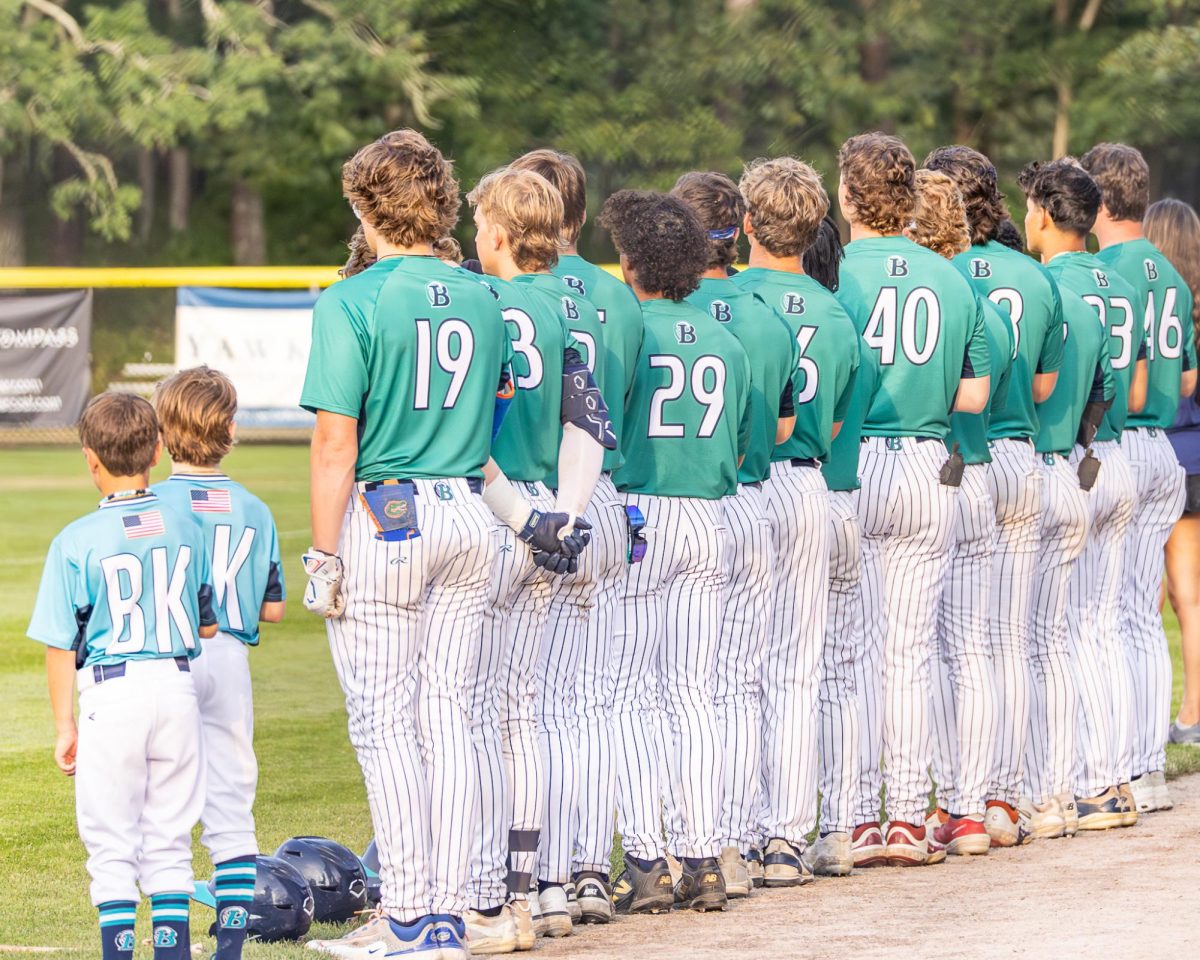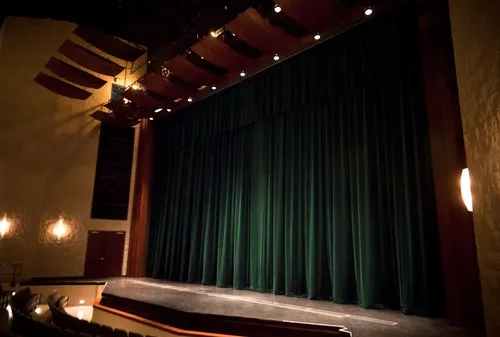
When one thinks of theater and drama, the first thing that will likely come to mind is the actors and actresses who take to the stage. The thought usually stops at that; but theater is about so much more than the performers. The people behind the scenes of a production hold just as much value as do those who call the stage their home.
A technical crew for a production is crucial within the theater world. There are so many aspects of a production that falls to them. The responsibilities of technicians stretch far and wide and not many people are aware of that; any light change, sound, set piece, or costume is there because of a technician’s work.
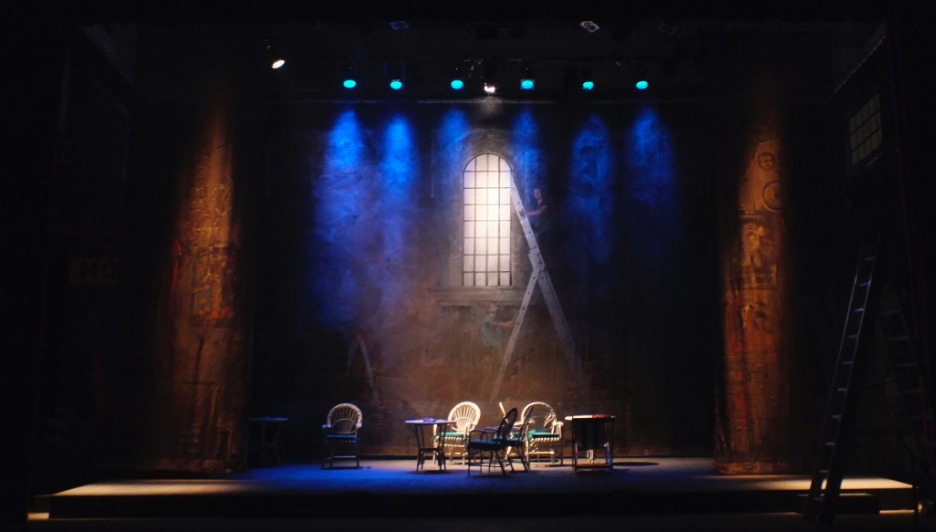
The job of a technician in the theater world is not an easy feat. The hours are long and there is always so much that must be done, both in the lead up to the production and during it. The tech crew is more often than not arriving before and leaving after the actors. There are so many different roles that must be fulfilled in order for a production to run efficiently and be suitable for an audience to sit through.
As a member of our very own technical crew here at Winthrop High School, I can give an overview of the various roles needed for a production.
To start, I’ll talk about a stage manager and their role in the technical world. A stage manager is responsible for overseeing all that goes down with respect to both the actors and technicians. During the show the stage manager calls the show, meaning they tell the other technicians when everything should go. This extends to any lighting, sound, set change, or prop needed for the production. Their go dictates when and where things will occur.

The next role is one that I am very familiar with, lighting designer. A lighting designer is responsible for programming and operating the lighting board during performances. A designer will often utilize LED lights as well as gobos and colored gels in order to enhance the look of a show. Additionally, they are responsible for ensuring that everything is working as it should with regards to the stage and catwalk lights. A lot of thought and attention to detail is contributed within a lighting designer’s work.
Next on the list of major roles is that of a sound designer. In the technical world the sound designer looks for and puts together various different sounds needed for a performance. In the lead up to a production the sound designer will edit and create any audio needed. They will also work to adjust volume throughout a large performance space as well as take into account any live music that will be used.
The last role I will be highlighting is that of a props master. A prop master is responsible for creating and keeping track of the numerous props required for a production. Props can range from an elaborate craft project to a household item. A props master is tasked with finding everything they might need that could be utilized for props. They would also oversee others as they are putting together the necessary props.

These roles are some of the many roles associated with technical theater. There are so many different things a tech crew has to think about. The absence of a technical crew would prevent a lot of things from happening. However, the hard work and effort of technicians is often overlooked and undermined by many. It can be rather discouraging at times for the individuals who have put forth so much time and energy. In the end they contribute greatly to the running of a production.
Theater is much like magic when everything is said and done. The technical elements of a show bring everything alive and open up the audience to a whole new world. One would wonder how something so very magical is created. The answer is rather simple; the faces beyond the curtain flourish in the shadows.



